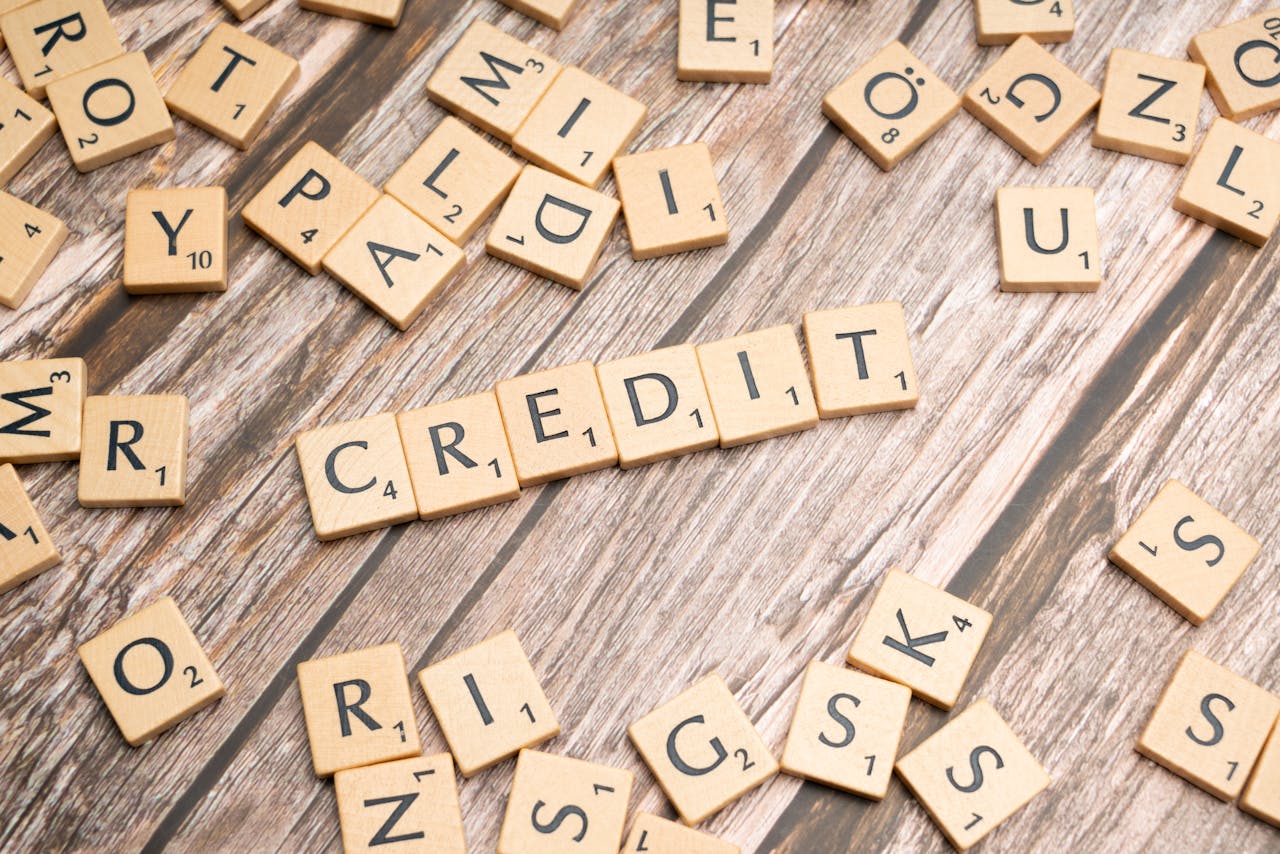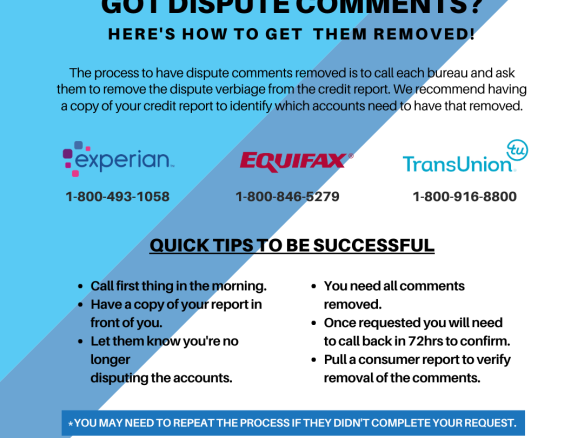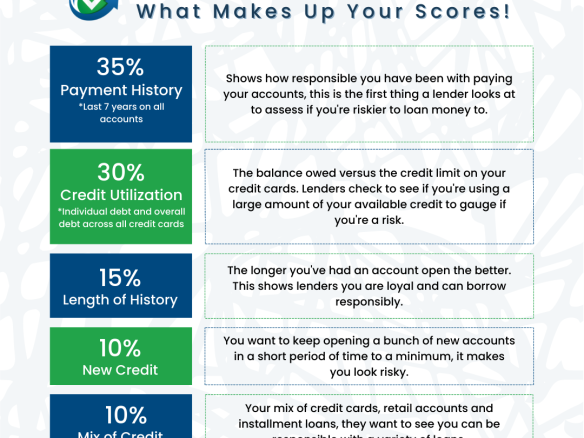Your credit score is a crucial aspect of your financial health, impacting everything from your ability to secure loans to the interest rates you pay. If your credit score isn’t where you’d like it to be, don’t worry—there are steps you can take to improve it. In this guide, we’ll walk you through how to fix your credit score and set yourself up for a stronger financial future.
1. Check Your Credit Report
The first step in fixing your credit score is understanding where you stand. Obtain a copy of your credit report from the major credit bureaus—Experian, Equifax, and TransUnion. Review your report carefully to identify any errors, inaccuracies, or signs of identity theft. Common errors include incorrect personal information, accounts that don’t belong to you, or late payments that were actually made on time.
To get started, you can access your credit report through Experian’s credit report registration page.
2. Dispute Inaccuracies
If you find any errors on your credit report, it’s essential to dispute them as soon as possible. Even small inaccuracies can have a significant impact on your credit score. You can dispute errors online, by phone, or through the mail with the credit bureau that provided the report. Be prepared to provide documentation to support your claim, such as payment records or correspondence with creditors.
3. Pay Your Bills on Time
Your payment history is the most significant factor in your credit score, accounting for about 35% of the total. Late or missed payments can severely damage your score. To improve your credit score, make it a priority to pay all your bills on time. Consider setting up automatic payments or calendar reminders to help you stay on track. If you’ve missed payments in the past, focus on building a consistent, on-time payment history moving forward.
4. Reduce Your Credit Card Balances
Credit utilization—the ratio of your credit card balances to your credit limits—is another critical factor in your credit score. Ideally, you should aim to keep your credit utilization below 30%. For example, if you have a credit card with a $10,000 limit, try to keep your balance under $3,000.
If your credit utilization is high, work on paying down your balances as quickly as possible. Consider targeting accounts with the highest interest rates first, as this will save you money in the long run.
5. Avoid Opening New Credit Accounts
While it’s important to have a mix of credit types, opening too many new accounts in a short period can negatively impact your credit score. Each time you apply for credit, a hard inquiry is recorded on your credit report, which can lower your score temporarily. Additionally, opening new accounts reduces the average age of your credit history, which can also hurt your score.
Instead of opening new accounts, focus on managing your existing credit responsibly. If you need to open a new account, do so sparingly and only when necessary.
6. Keep Old Accounts Open
The length of your credit history makes up about 15% of your credit score. Closing old credit accounts can shorten your credit history, which may lower your score. If you have older credit accounts that you no longer use, it’s usually a good idea to keep them open, especially if they have a positive payment history and low balances.
However, if an old account has a high annual fee or other costs, weigh the benefits of keeping it open against the financial impact.
7. Consider a Secured Credit Card
If you have a low credit score or limited credit history, a secured credit card can be a helpful tool for rebuilding your credit. Secured credit cards require a deposit that serves as your credit limit. By using the card responsibly—making small purchases and paying the balance in full each month—you can demonstrate positive credit behavior, which can help improve your score over time.
Just be sure to choose a secured credit card that reports to all three major credit bureaus, and avoid cards with excessive fees.
8. Use Experian Boost
Experian Boost is a free tool that allows you to add utility and telecom payments to your credit report, potentially boosting your credit score. This can be especially helpful if you have a thin credit file or are trying to improve your score. Visit Experian Boost to learn more and get started.
Conclusion
Fixing your credit score takes time and effort, but the rewards are well worth it. By following these steps—checking your credit report, disputing errors, paying your bills on time, reducing credit card balances, and more—you can take control of your credit and build a stronger financial future.
Start today by taking the first step: Check your credit report and begin your journey to a better credit score. With dedication and smart financial habits, you’ll see your score improve over time, opening up new opportunities and giving you greater peace of mind.



